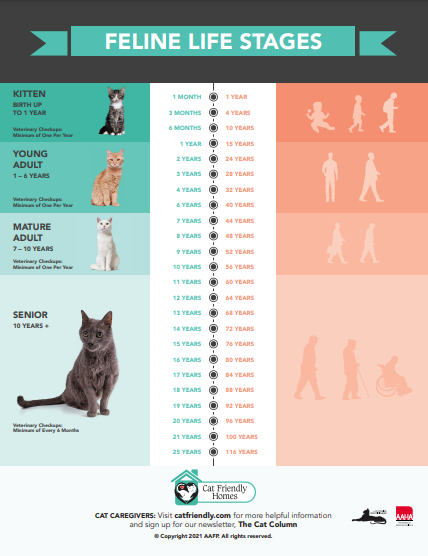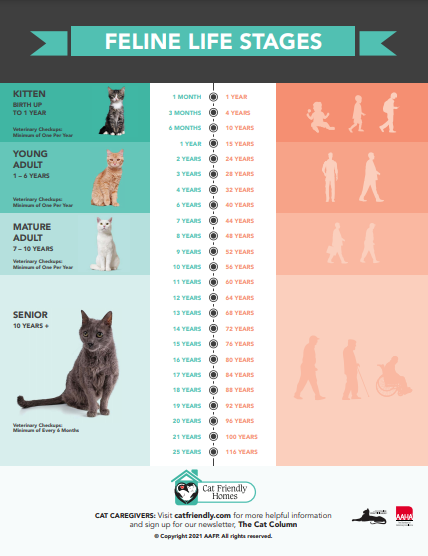As Persian cats age, their care needs change and require special attention. In this article, we will explore the topic of senior cat care specifically focused on Persian cats. From providing the right nutrition to managing grooming needs and addressing common health concerns, we will delve into the essential aspects of caring for aging Persian cats. Whether you are a seasoned cat owner or new to the world of Persian cats, this article will provide valuable insights and practical tips to ensure the well-being and happiness of your senior feline companion. So, let’s dive into the world of Persian cat aging and discover how to best care for these majestic creatures in their golden years.
Persian Cats and Aging: Senior Cat Care
As your beloved Persian cat ages, it’s important to provide them with the care they need to ensure a happy and healthy life. Aging can bring about physical changes and health issues that require special attention. In this article, we will discuss various aspects of senior cat care specifically tailored for Persian cats. From physical changes and common health issues to nutritional needs and exercise, we’ll cover it all to help you provide the best care for your senior Persian.
Physical Changes in Aging Persian Cats
As Persian cats age, they may experience certain physical changes that require extra care and attention. One of the most noticeable changes is a decrease in mobility and flexibility. This can be attributed to age-related conditions such as arthritis, which causes joint stiffness and pain. Additionally, their fur may become thinner and less lustrous, and their eyesight and hearing may deteriorate. It’s important to be aware of these changes and make adjustments to their environment accordingly to ensure their comfort and safety.
Common Health Issues in Senior Persian Cats
Like any other breed, Persian cats are prone to certain health issues as they age. Some common health problems in senior Persian cats include kidney disease, dental issues, heart disease, and obesity. Regular veterinary check-ups are crucial to detect and manage these conditions early on. It’s important to monitor your cat for any signs of discomfort, changes in appetite, weight loss or gain, increased thirst, or changes in litter box habits. By staying vigilant and proactive, you can help ensure your senior Persian’s health and well-being.
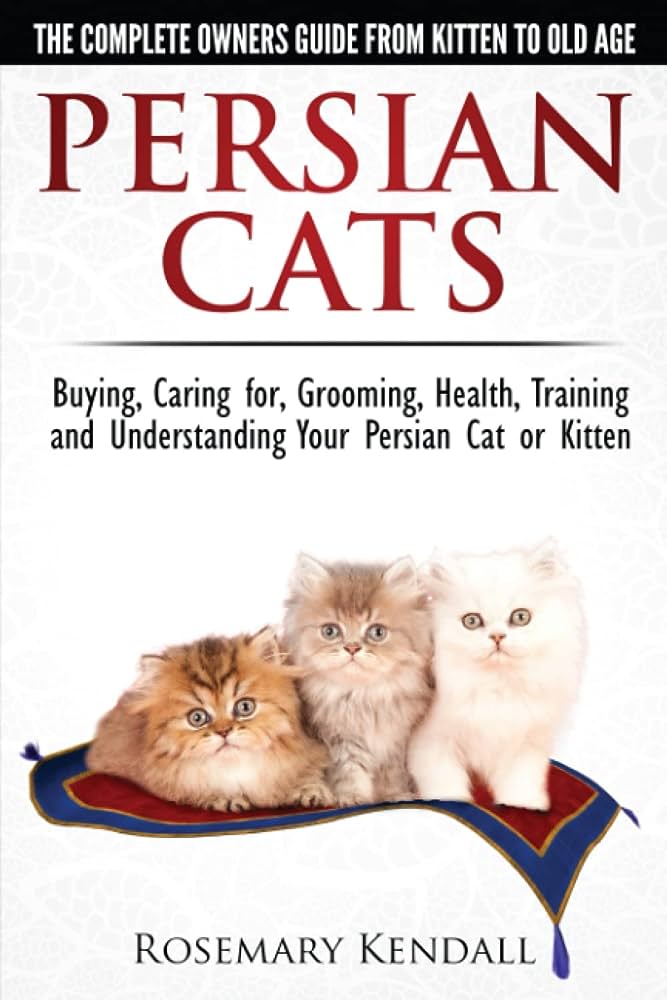
Nutritional Needs of Senior Persian Cats
Senior Persian cats have unique nutritional needs that differ from those of their younger counterparts. As they age, their metabolism slows down, and they may become less active, leading to weight gain. It’s important to provide them with a well-balanced diet that supports their overall health and helps maintain a healthy weight. Look for cat food specifically formulated for senior cats, which usually contains lower levels of fat and calories but higher levels of antioxidants and joint-supporting nutrients. Additionally, ensure that fresh water is always available to keep them hydrated.
Exercise and Mental Stimulation for Aging Persian Cats
Regular exercise and mental stimulation are important for the overall well-being of Persian cats, even in their senior years. Although they may not be as active as when they were younger, gentle exercise is still essential to keep their joints mobile and maintain a healthy weight. Engage in interactive play sessions with toys that encourage movement and mental stimulation. Puzzle toys and treat-dispensing toys can also keep their minds sharp and provide entertainment. However, always consider their individual capabilities and adjust the intensity and duration of exercise accordingly.
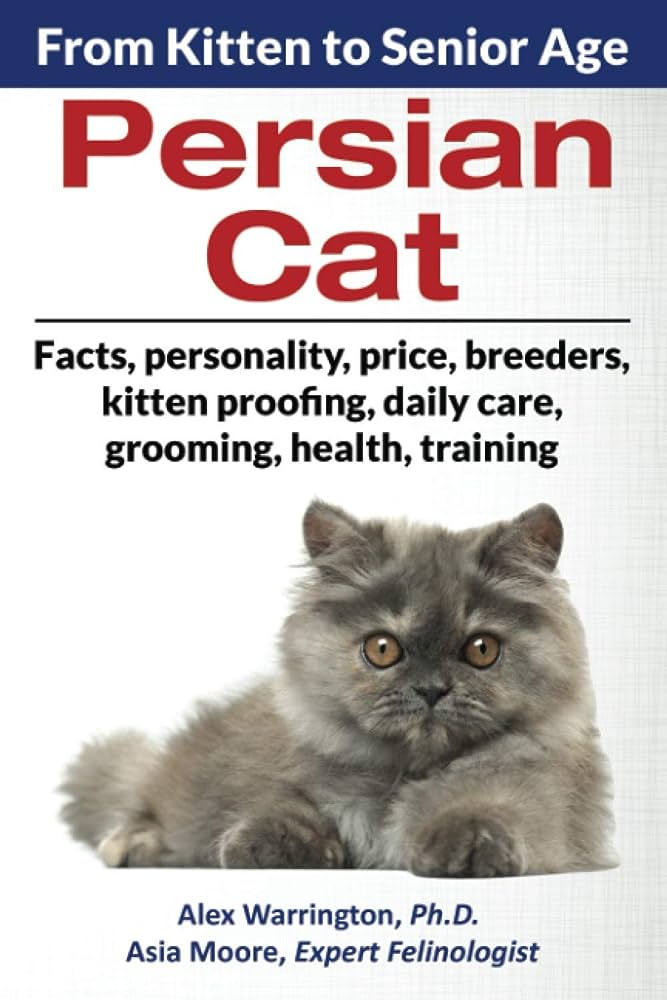
Grooming and Coat Care for Senior Persian Cats
The beautiful, long coat of a Persian cat requires regular grooming, especially as they age. Their fur may become thinner and prone to matting, so it’s important to brush them daily to prevent tangles and remove loose hair. Consider using a comb or brush specifically designed for long-haired cats to ensure there are no knots or mats. You may also need to trim their fur around the hindquarters to prevent feces from getting stuck. Additionally, keep an eye out for any changes in their skin or coat, such as dryness or irritations, and consult your veterinarian if necessary.
Dental Care for Aging Persian Cats
Dental problems can be common in senior Persian cats, so it’s important to prioritize their oral health. Regular brushing with a cat-specific toothbrush and toothpaste can help prevent plaque buildup and maintain healthy gums. If your cat resists brushing, there are alternatives such as dental wipes or dental treats that can help promote oral hygiene. Monitor their teeth and gums for any signs of redness, swelling, or tartar buildup, and consult your veterinarian for professional dental cleanings if necessary.
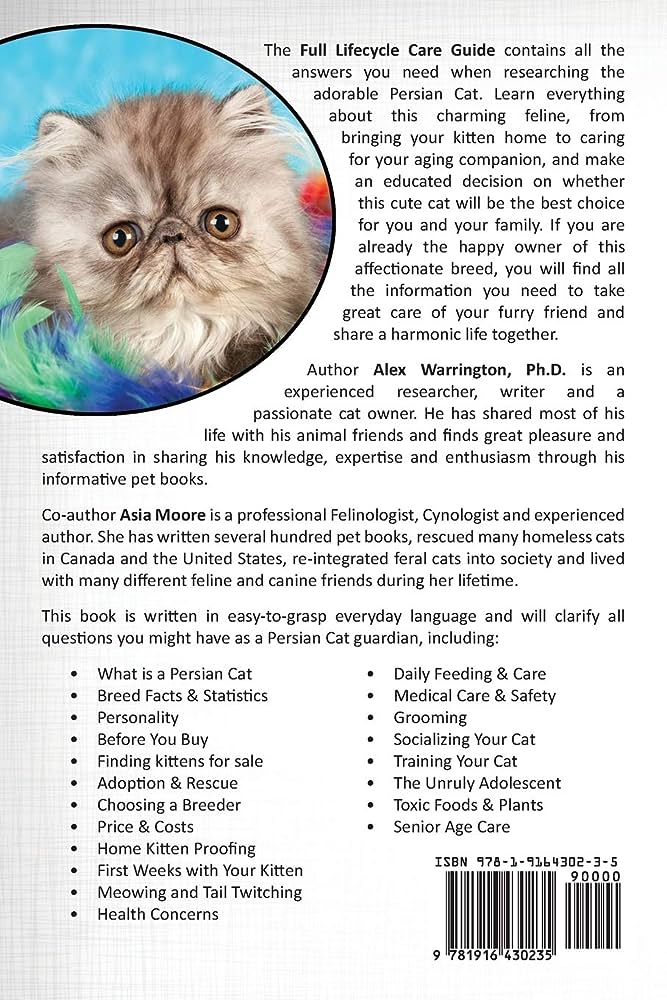
Environmental Adaptations for Senior Persian Cats
To ensure the comfort and safety of your aging Persian cat, it’s important to make certain environmental adaptations. Provide them with easy access to their favorite spots, such as beds or perches, by using ramps or steps. Consider using litter boxes with lower sides or entrance ramps to accommodate decreased mobility. Ensure that their food and water bowls are easily accessible without having to jump or stretch too much. Also, create a warm and cozy environment for them, especially during colder months, by providing comfortable blankets or heated beds.
Regular Veterinary Care for Aging Persian Cats
Regular veterinary care is crucial for the health and well-being of aging Persian cats. Schedule regular check-ups with your veterinarian, ideally every six months, to monitor their overall health and detect any potential issues early on. These visits may include physical examinations, blood tests, and other diagnostic procedures as needed. Your veterinarian may also recommend vaccinations, dental cleanings, and parasite prevention to keep your senior Persian healthy and protected.
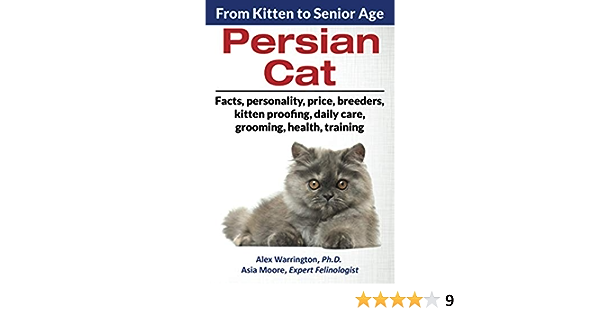
Managing Arthritis in Senior Persian Cats
Arthritis is a common ailment in aging cats, including Persian cats, which can cause discomfort and mobility issues. If you notice any signs of joint stiffness, limping, or reluctance to jump or climb, it’s important to consult your veterinarian. They may recommend treatments such as pain medications, joint supplements, or physical therapy to help manage the symptoms of arthritis. Additionally, providing them with soft and cozy bedding can help alleviate pressure on their joints and make them more comfortable.
Providing Emotional Support for Aging Persian Cats
As your Persian cat ages, they may require more emotional support and attention. Ensure that they have a quiet and comfortable space where they can retreat when they need some alone time. Spend quality time with them, providing cuddles and gentle affection. If you notice any signs of anxiety or stress, such as excessive meowing, hiding, or changes in behavior, consult your veterinarian for guidance. Providing a calm and stress-free environment can contribute to your senior Persian’s overall well-being and happiness.
In conclusion, caring for an aging Persian cat requires special attention and consideration. By being aware of their physical changes, addressing common health issues, providing proper nutrition and exercise, maintaining their coat and dental care, adapting their environment, and ensuring regular veterinary care, you can help your senior Persian cat age gracefully and enjoy a high quality of life. Additionally, providing them with emotional support and love will make their golden years a rewarding and fulfilling time for both of you.
